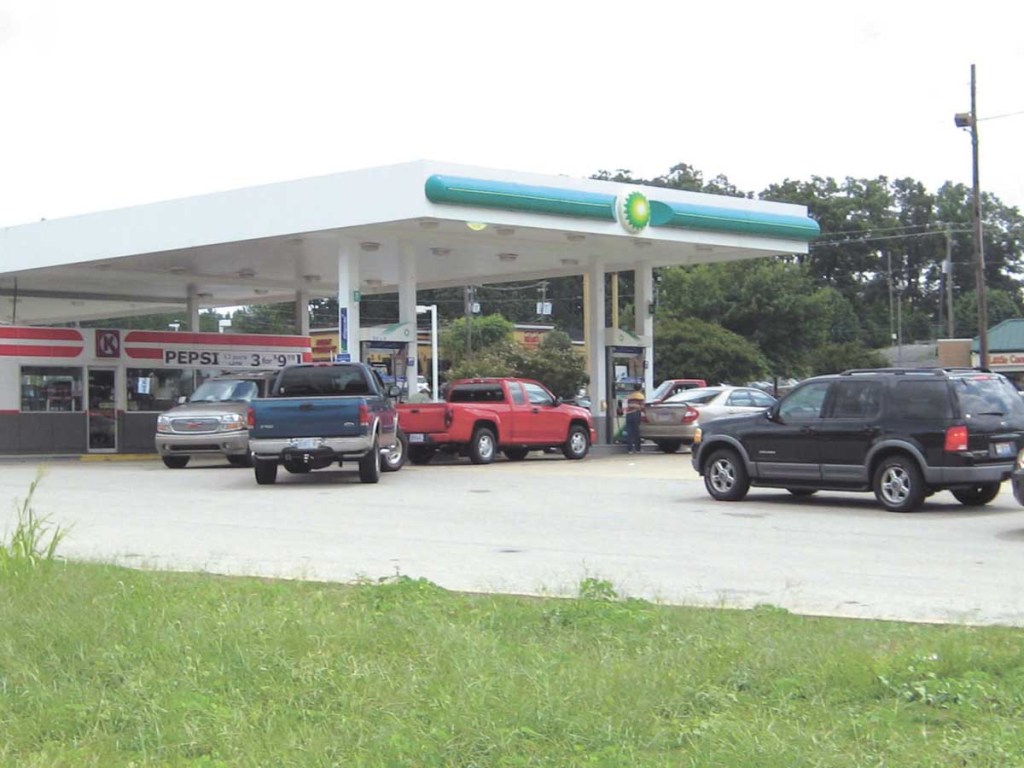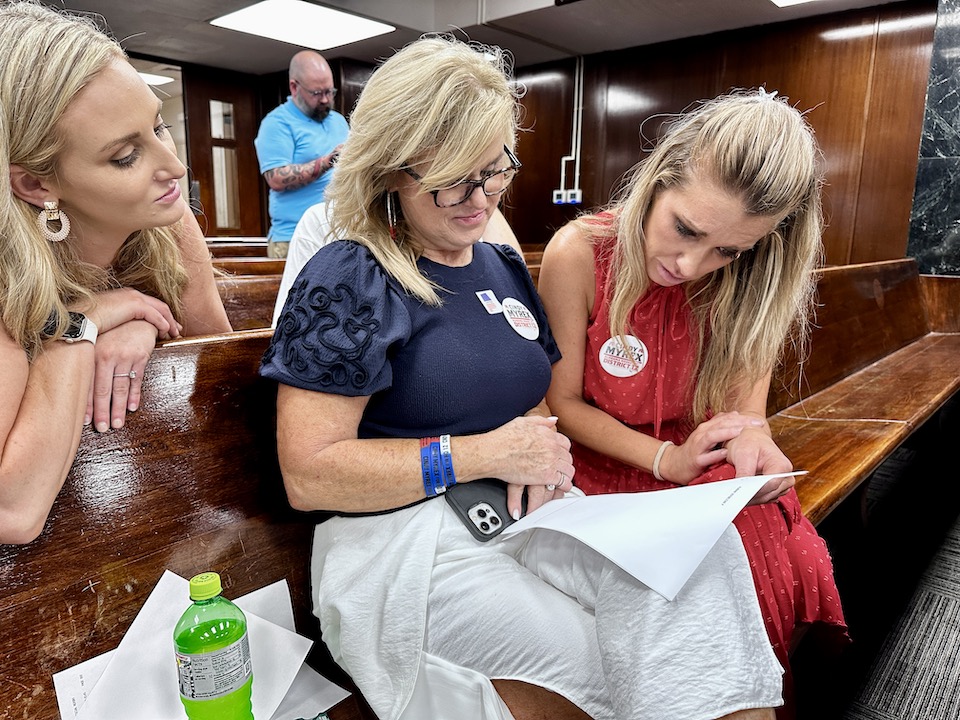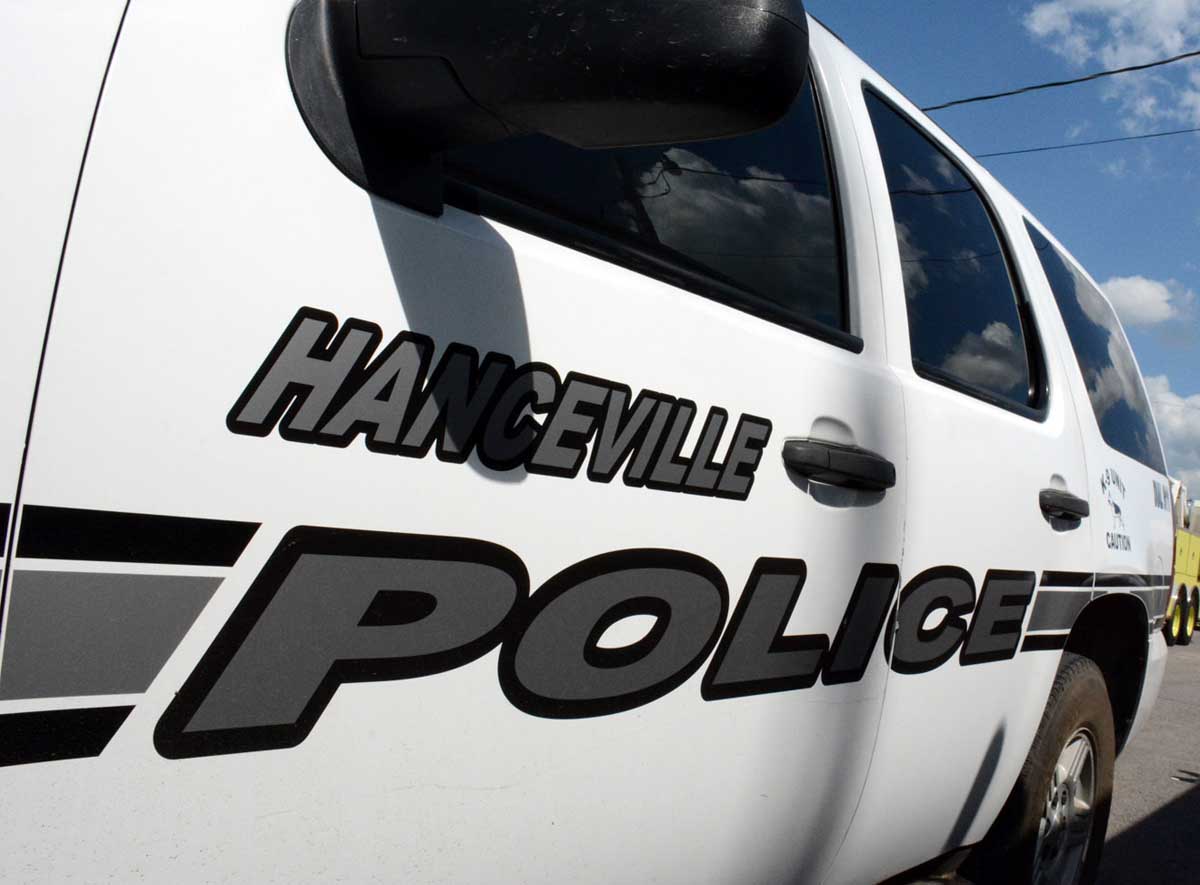Ike fuels fear at local gas stations
Published 12:55 pm Wednesday, September 17, 2008

- Cars line up at the BP station on Fieldstown Road Friday afternoon as news of a possible fuel shortage sent drivers scurrying for the pumps. Some Gardendale stations were out of regular unleaded fuel by mid-afternoon.
By Adam Smith
The North Jefferson News
As Hurricane Ike barreled through the Gulf toward Texas Thursday night, word of possible gas shortages and disruptions triggered panic across the southeast.
North Jefferson County residents experienced the same emotion as long lines of vehicles piled up at area gas stations. Some stations, like the Shell station on Fieldstown Road, were out of regular unleaded by early Friday afternoon, forcing drivers to purchase mid-grade and high-grade fuel.
Other residents reported watching gas station owners change prices even while waiting 15 minutes or more in line to purchase gas.
“My son called us Thursday night and told us that prices would go up and there would be a shortage,” said Morris resident Bea Davis. “My husband went out Thursday night and filled up.”
Davis said by Friday, her local gas station in Morris had run out of regular gas.
This week, the gas situation has calmed a bit, according to AAA Alabama spokesman Clay Ingram.
“I think we’re through with the panic buying situation we saw on Friday,” he said.
He said some gas stations had reduced their prices by as much as 20 cents a gallon on Tuesday and that oil pipelines in Texas were again operating at full capacity.
As of Tuesday, the average price per gallon in Alabama was $4.05 for regular unleaded, according to AAA Alabama. The average price one month ago was $3.62.
Despite the panicked residents and long lines, area police departments said they had few calls related to the gas crunch.
Gardendale Police Chief Mike Walker said officers did respond to one call from two residents who got into an argument at a gas station. He said an officer was also dispatched to the BP station on Fieldstown Road to direct traffic.
“What hurt us was that we normally use the Shell station on Fieldstown Road and they ran out of regular very quick,” he said. “We had to resort to higher grades.”
The Fultondale Police Department also reportedly responded to a call at Jet Pep on U.S. 31 stemming from a price gouging complaint.
Jet Pep station owner Patt Smith said she had seen her business dwindle since she had to raise her prices to as much as $4.65 for regular gas on Friday. She said her business usually has cheaper prices than most stations in north Jefferson county.
“It definitely has hurt our business,” Smith said. “We’ve worked real hard to build out business and to maintain our customer base. This has come as a blow to our customer base. I hope I get my customers back.”
The price at the Fultondale Jet Pep on Tuesday was $4.15.
The gas prices at Smith’s store, like other Jet Pep stores, are determined by Jet Pep’s headquarters in Holly Pond.
Jet Pep General Manager Chuck Moore said his company buys gasoline on the spot, or surplus market and that 90 percent of the time his company is very competitive with other companies.
He said suppliers charged him $1.60 more per gallon starting at midnight Thursday, and instead of passing that expense along to the consumer, prices were raised at his stations by only $1 to $1.10. The move meant Jet Pep had to pick up the added expense.
“Since then, the market has moved down 50 cents, and we did accordingly,” he said. “We’re abiding by the law, though people think we didn’t.”
Moore said going up $1.60 would have been a “financial nightmare” for the company that could have forced store owners to close their doors.
“Those people have customers and employees,” he said. “We just decided to wait it out.”
On Friday, Gov. Bob Riley declared a state of emergency for Alabama in order to enact the state’s price gouging law, which prohibits unconscionable pricing of items for sale or rent.
The state attorney general’s office defines unconciable pricing as 25 percent or more than the average price charged over the previous 30 days, unless it can be attributed to unreasonable cost, such as an increase in a wholesale price.
Ingram said it was hard for AAA to determine how many gas stations may be guilty of price gouging because different stations have different methods of purchasing gas.
Some brand name stations have long-term contracts in which a certain amount of gas is purchased within a certain price range. Other companies, like Jet Pep, who purchase on the spot market, may be subject to price increases depending on the availability of fuel.
Ingram said in the case of last week, the company may have had to pay more if there were fears over fuel shortage. He said in those situations, if the gas station is paying $5 per gallon from the supplier, they then have to charge $5.20 or more a gallon to turn a profit.
However, Ingram did express concern that some stations may have raised prices early, out of fear of what replacement gas may cost them.
“AAA frowns on that,” he said. “It’s not a good business practice.”





